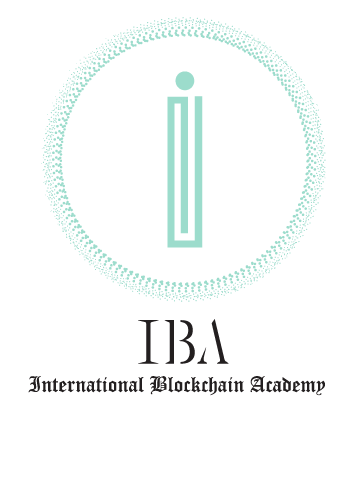The Power of Blockchain in Developing Countries
Blockchain, a revolutionary technology, is making waves globally. But its impact is particularly profound in developing countries, where it promises to bring about significant changes.
- Financial Inclusion: Traditional banking isn't accessible to everyone. Blockchain facilitates peer-to-peer transactions, bridging this gap and fostering financial inclusion.
- Transparency and Trust: Blockchain's immutable nature ensures transparency, reducing corruption and fostering trust in systems.
- Health and Education Records: Crucial records can be securely stored and shared on the blockchain, ensuring data integrity and accessibility.
- Agriculture: From farm to table, blockchain can trace food origins, ensuring food safety and promoting fair trade.
- Property Rights: A secure, tamper-proof system for land registration can protect property rights, a significant issue in many developing regions.
- Aid and Philanthropy: Donations can be tracked, ensuring they reach the intended recipients and increasing the effectiveness of aid.
- Identity Verification: Blockchain can provide a secure, decentralized form of identity, crucial in regions where identity documents are scarce or unreliable.
- Remittances: Blockchain can make remittances cheaper and faster, benefiting people who rely on these funds.
- Smart Contracts: Automating processes can reduce bureaucracy and corruption, and increase efficiency.
- Energy: Peer-to-peer energy trading facilitated by blockchain can promote the use of renewable energy sources.
In conclusion, blockchain technology has the potential to empower individuals, increase transparency, and improve services in developing countries, making it a beacon of hope for many.


